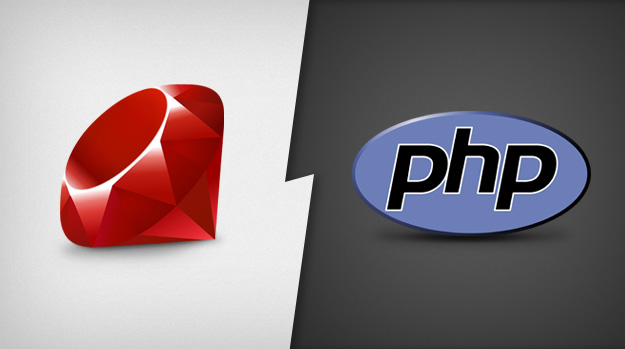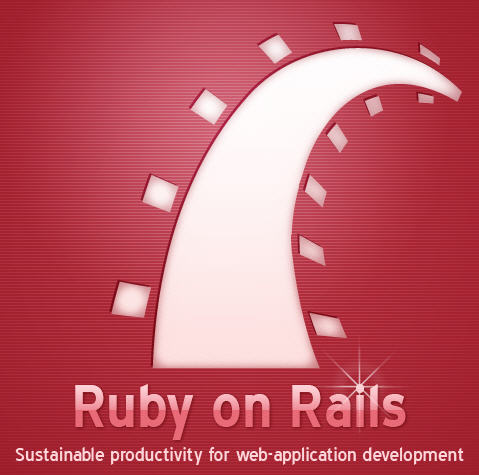It may seem strange to compare a programming language with a Web application framework that relies on another programming language, yet PHP and Ruby on Rails are two commonly used Web development tools that are often compared. Many business owners looking for the right Web hosting service want to learn more about the advantages each one offers and if one best fits their online requirements.
A brief history of PHP and Ruby
Both PHP and Ruby on Rails were introduced in the mid-nineties, and they’ve both greatly matured over the years. The primary point of difference between these two programming languages centers on the different purposes behind their original creation.

The concept behind the design and development of PHP was to create an embedded, general-purpose scripting language that could effectively deliver an enhanced functionality to what was otherwise viewed as static Web pages. The purpose behind Ruby was to develop a scripting language similar to Perl, but a language that would be much more expressive and readable. As a result of the Ruby on Rails framework development, which was an open-source Web application framework that runs on the Ruby programming language, Ruby became a part of the Web.
The PHP and Ruby Advantages
Both PHP and Ruby have their distinct advantages as well as some overlapping benefits. Both languages provide users with practical and effective language power, and both offer numerous tools and services for developers. When it comes to frameworks, however, Ruby has two established and mature primary Web frameworks with large communities, whereas PHP has an extensive array of much younger frameworks.

By comparison, Ruby was originally written to run on a Mongrel Web server. Fast-forward to today’s Web environments where Ruby now supports most Web servers. In addition, it also supports database servers such as DB2, MySQL, Oracle and PostgreSQL among others.
Making the Final Decision
Most companies must make a myriad of considerations before honing in on a final website host solution, and price is only one item on the checklist. Although these decisions might be new territory that presents a learning curve for some, most people find that in the end this research is time well spent.
The idea that what you do today will have an impact on the future holds true for many things, including final hosting choices. It takes an investment of time, so there are no recommendations here for “speed dating” when it comes to making a decision. A bad hosting choice won’t help to attract or engage new customers and can easily end up creating a major turnoff for existing customers. Which language you go with depends on what your business want to achieve with its Web presence, so do your homework and find the best hosting service for your customized needs.
